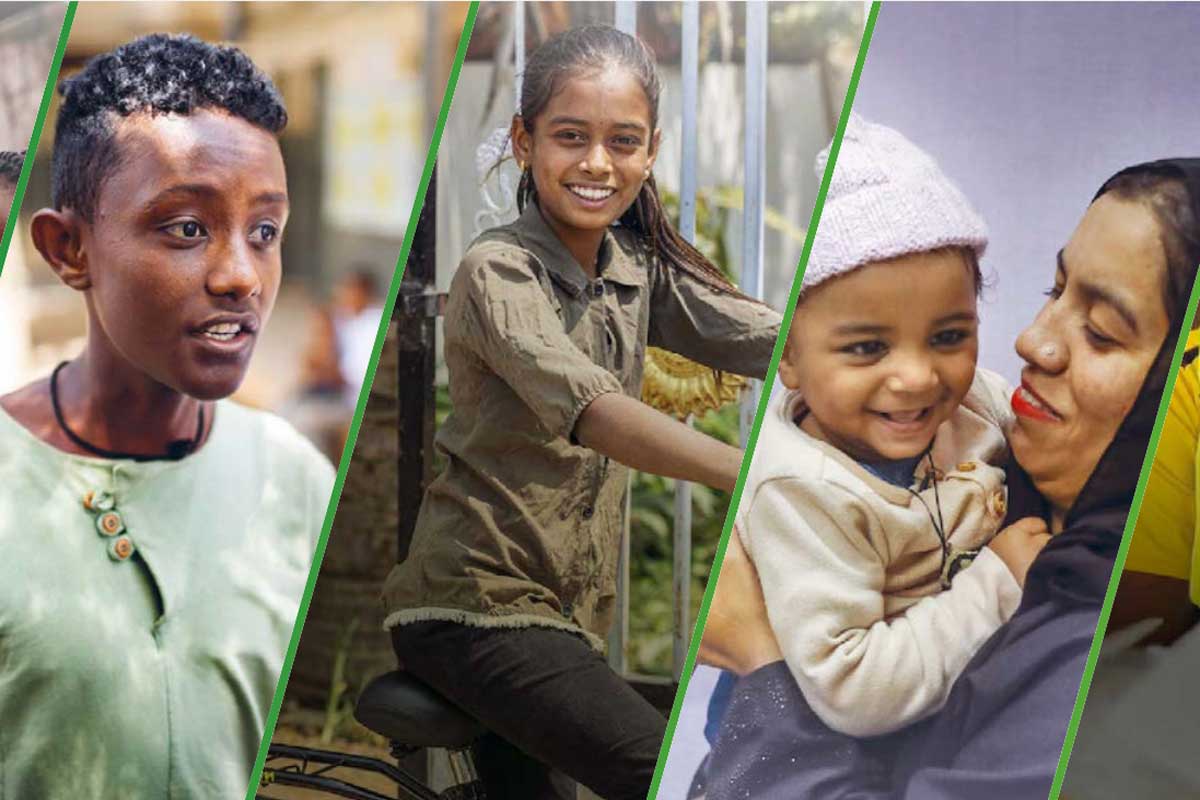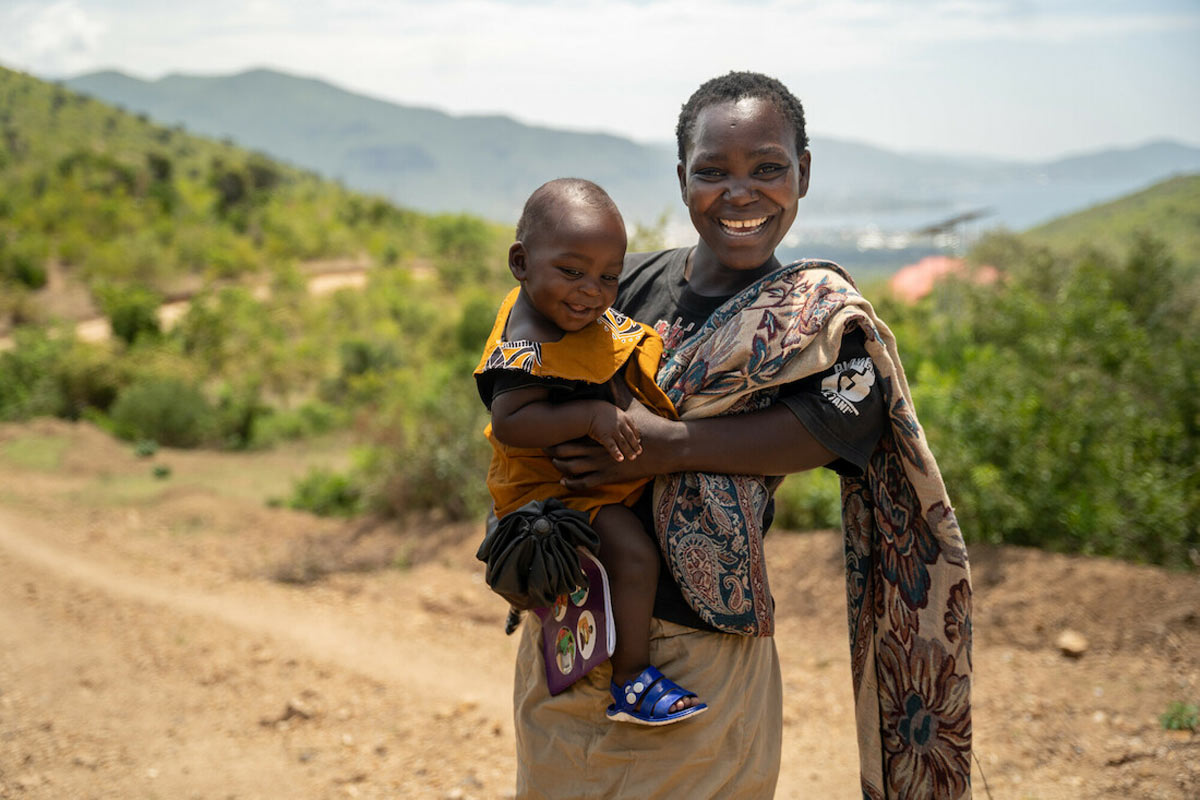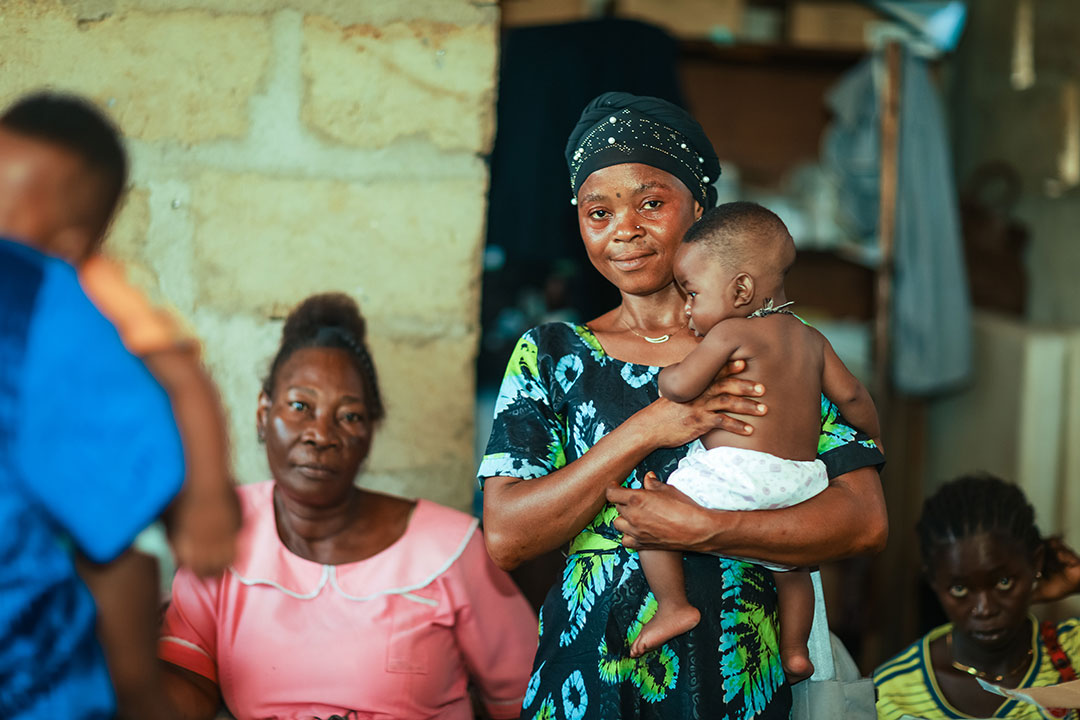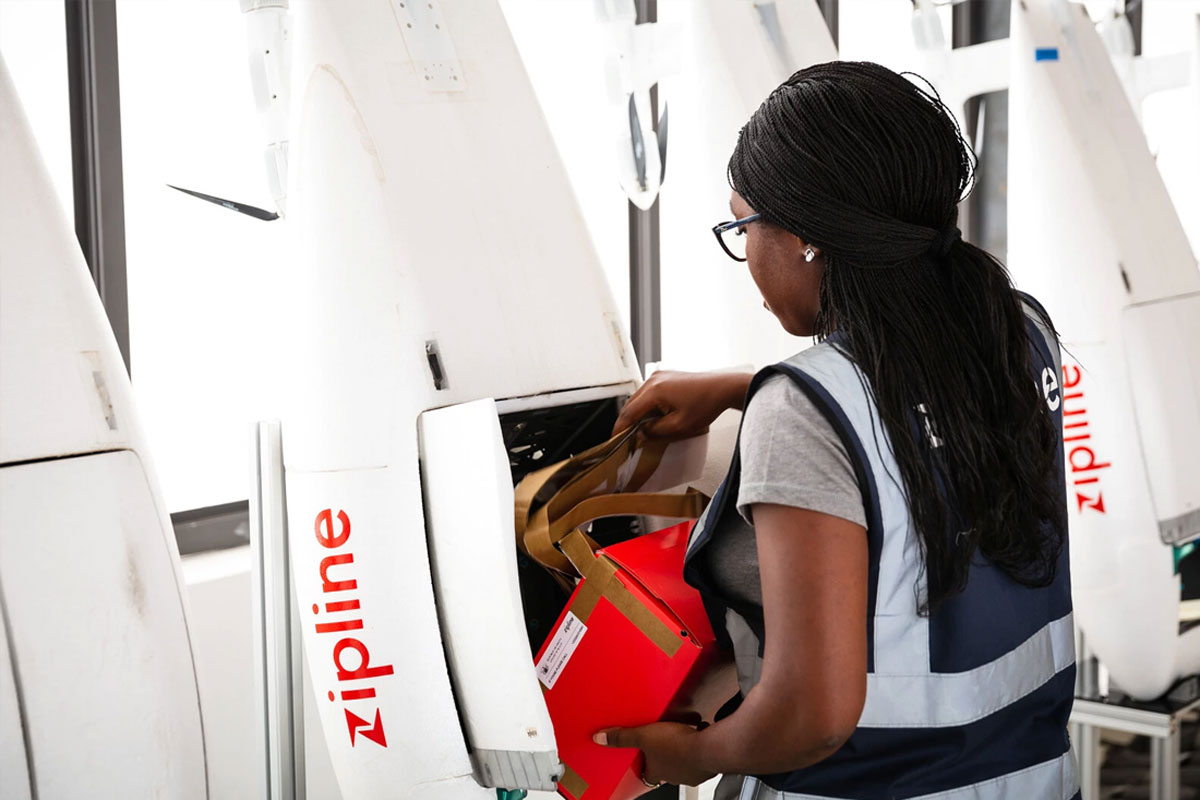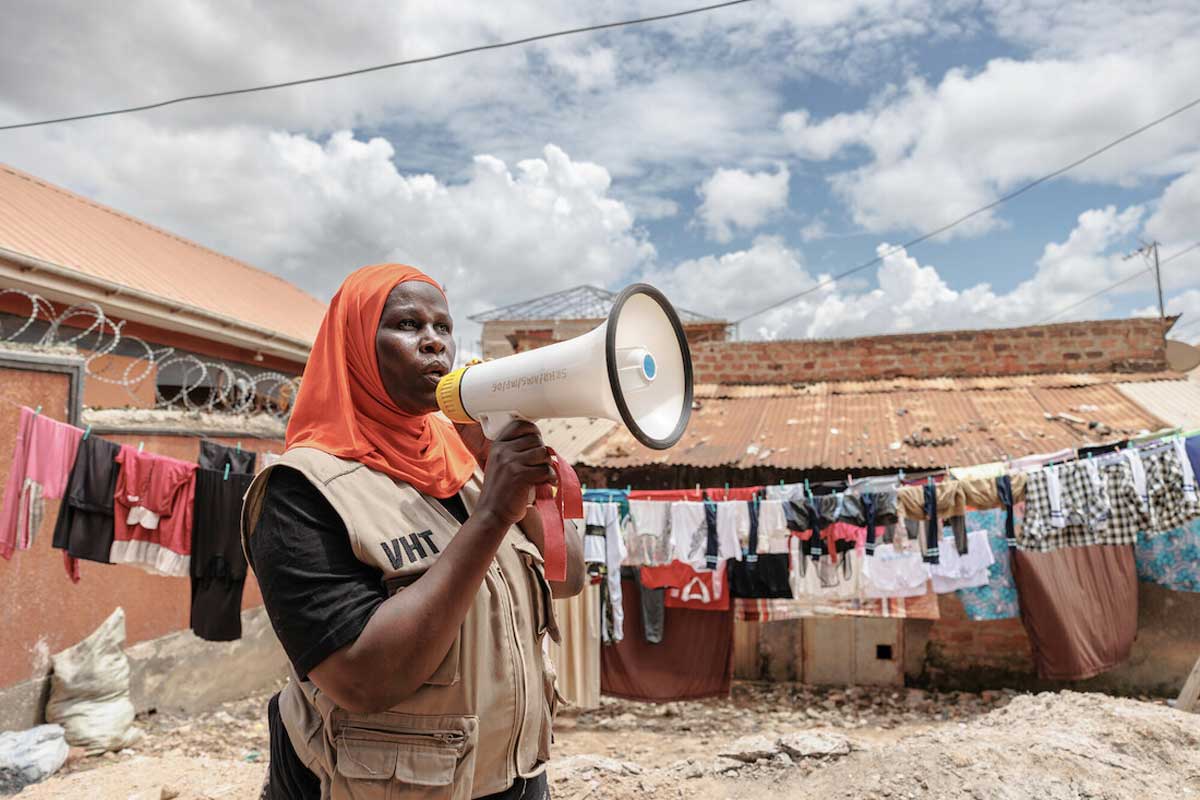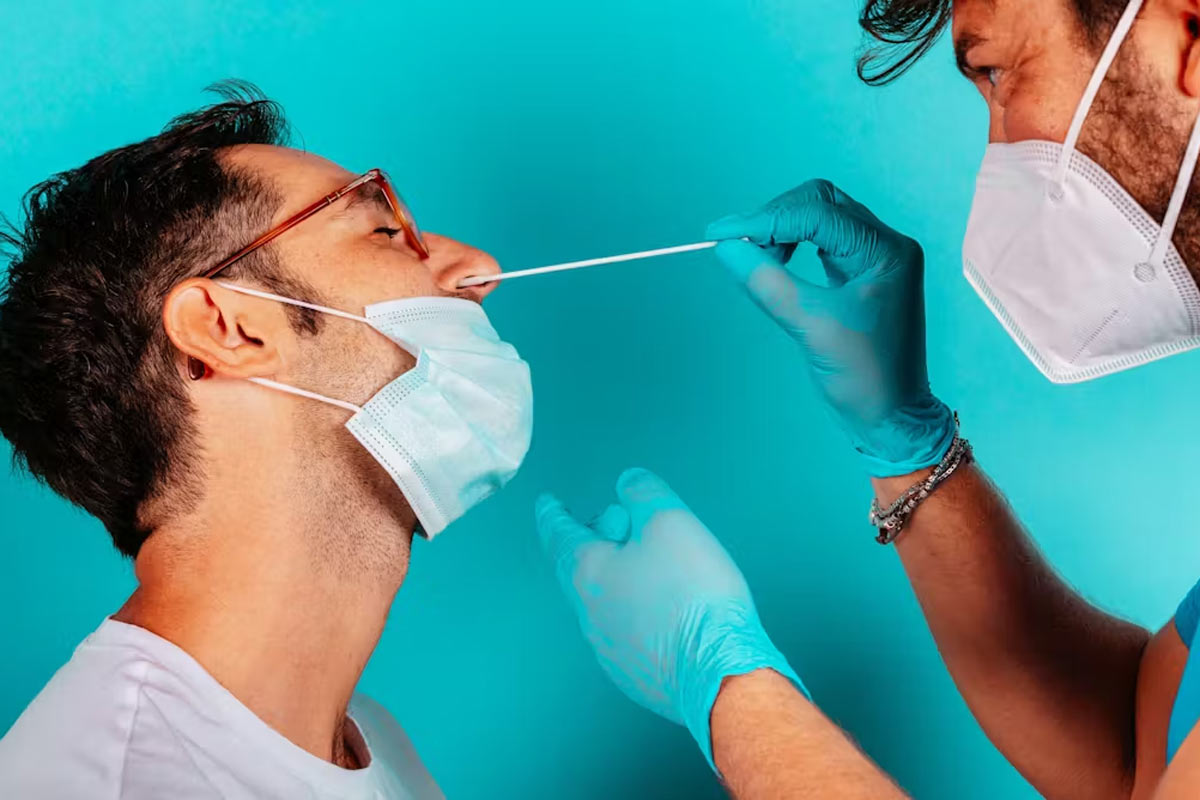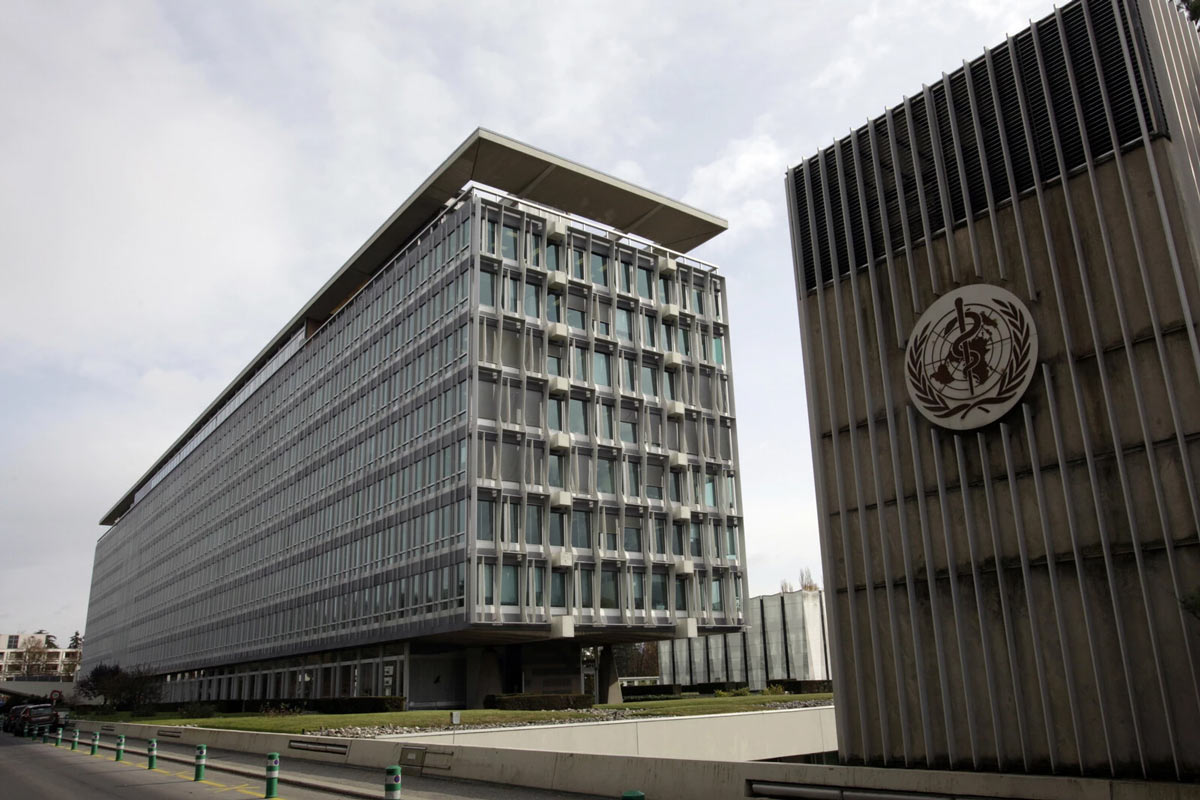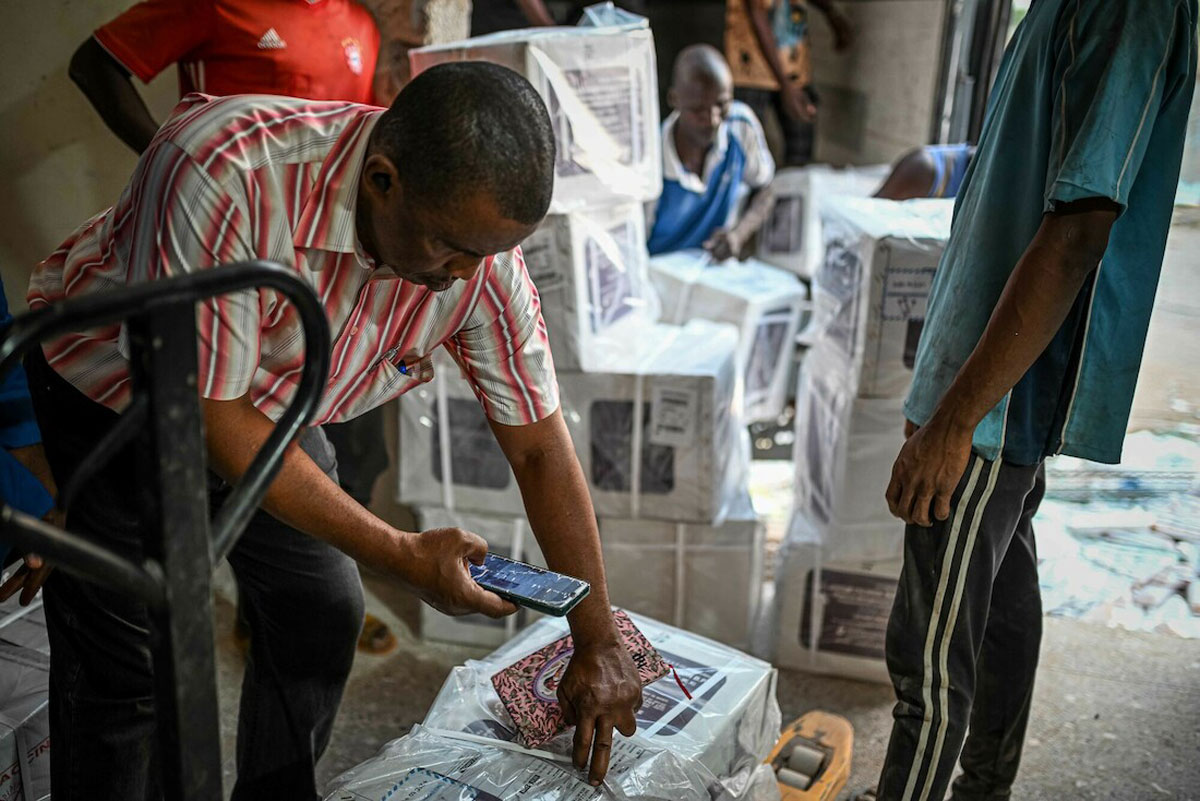Q&A: Rolling out HPV vaccine in Burkina Faso
Dr Samiratou Ouédraogo is a lecturer at Joseph Ki-Zerbo University in Burkina Faso, deputy coordinator of the ReAAC (Research and Action Against Cancer) Chair, and also co-founder of Women in Global Health in French-speaking West Africa. She explains why encouraging girls and women to get the HPV vaccine is vitally important.
- 7 March 2023
- 5 min read
- by Gavi Staff
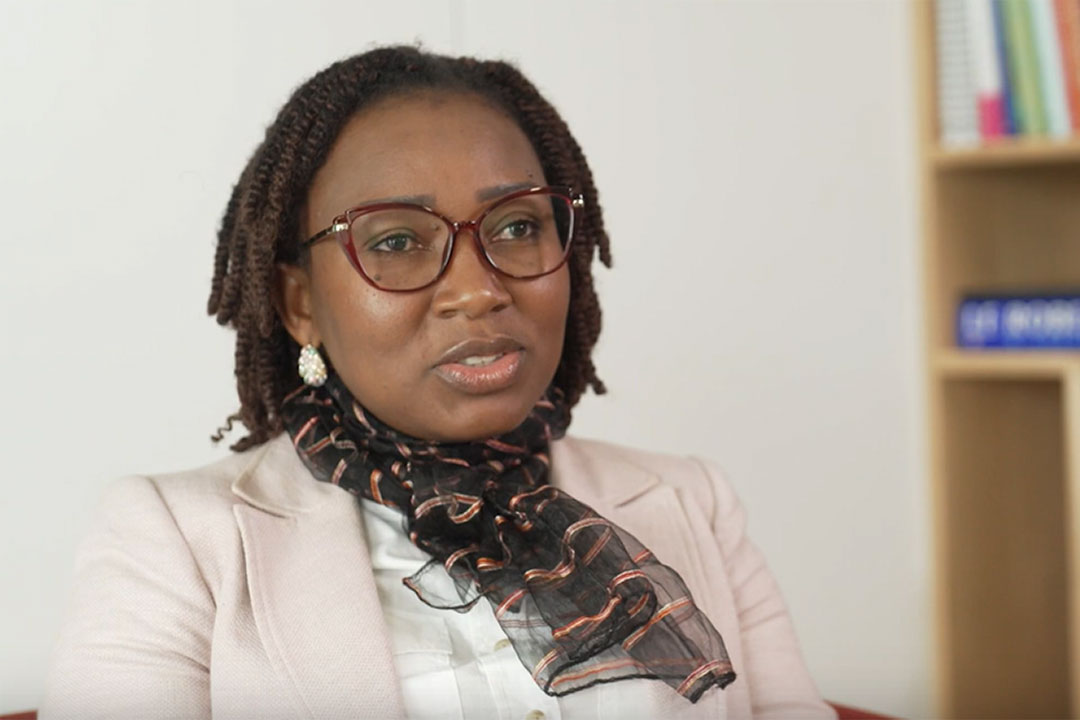
What is the impact of cervical cancer in your country?
Dr Samiratou Ouédraogo: There are more than a thousand cases a year and unfortunately more than 75% of cases die because they get a diagnosis at a late stage and the chances of recovery are lower.
But I would talk about the impact of cervical cancer in terms of the impact on the community, on the families affected. Unfortunately, patients arrive at a late stage, which requires a lot of resources, both for the family and for the community. It is an economic burden that families and loved ones are forced to bear to support a person with this type of cancer, in terms of palliative care and support. It has a huge psychological impact also on the community.
Why do you think the HPV vaccine is important?
We are lucky to have a vaccine which makes it possible to protect a generation against diseases. We are lucky to have a very young population in Africa. It is therefore important to be able to protect our future leaders, the driving forces of society, against a disease that they could develop later. So being able to have a vaccine that is available and administer it in time so that young people can grow up healthy and contribute to the development of society is great for Burkina Faso and all the countries that have access to this vaccine.
"We must make sure to reach the last mile so that all girls who are eligible for the vaccine can access it, because they have the right to do so and are as much part of society as other young girls who live in cities."
What are the issues and challenges for the deployment of this vaccine in the community?
The issues are on several levels. We need to generate demand and have availability to match the demand. There are also issues around accessibility: the vaccine must be accessible to whoever wants it, and when they want it.
Burkina is unfortunately going through a difficult situation with people in hard-to-reach areas, where security is not guaranteed. We must make sure to reach the last mile so that all girls who are eligible for the vaccine can access it, because they have the right to do so and are as much part of society as other young girls who live in cities.
There is also acceptability: unfortunately, today some people have urgent needs such as eating, sleeping and being safe. However, for some people, having a vaccine that will protect them in ten or 15 years is not necessary if they cannot meet their basic needs today. We must ensure that something is done so that people live in conditions that allow them to project themselves into the future: so that they can see the need to be protected today if they want to live life to the full tomorrow.
What are the causes of the lack of demand? What is the role of advocacy around this vaccine?
Le manque de demande est lié au manque d’information, à l’ignorance et à la désinformation qu’il y a autour des vaccins en ce moment, malheureusement liée aux séquelles laissées par la pandémie. Les anti-vaccins sont devenus virulents et ont des arguments qui font que la population est méfiante à aller vers ce vaccin. C’est aussi un vaccin qui touche à la santé sexuelle et reproductive, qui est un sujet assez tabou et délicat dans certaines de nos communautés. Il faudrait que les personnes qui influencent la prise de décision au sein d’une famille, au sein d’une communauté, puissent déjà accepter et s’approprier la nécessité du déploiement de ce vaccin de sorte à convaincre leur entourage d’aller se faire vacciner.
Have you read?
The lack of demand is linked to the lack of information and the misinformation that there is around vaccines at the moment, unfortunately linked to the consequences of the pandemic. Anti-vaxxers have become virulent and have arguments that make the population wary of going for this vaccine.
It is also a vaccine related to sexual and reproductive health, which is quite a taboo and delicate subject in some of our communities. The people who influence decision-making within a family, within a community, should first be able to accept and take ownership of the need for the deployment of this vaccine so as to convince those around them to go and get vaccinated.
A woman who is aware that she can develop cervical cancer at any time and who has the possibility of offering her nine-year-old daughter a vaccine so that she does not develop the disease later, is a huge asset. Not only does this mean that we will be able to mobilise this woman to get screened to find out whether she has cancer or not in time, but also she can allow her daughter to protect herself now to avoid cancer later.
We would have to work on several levels to develop the acceptability of this vaccine, and to develop the possibility of projecting ourselves into the future.
The vaccine is available for nine-year-old children who have already completed their vaccination schedule. These children are more difficult to reach because they only maintain contact with the health system in the event of a particular illness or problem. We have to try to convince all the people who work with these nine-year-old children: the teachers, for example. We must generate demand for the vaccine through channels such as education, parents, to reach the target we want to reach.
What is the role of civil society organisations to reach this goal?
Civil society has a major role to play, first of all in mobilising people and raising awareness of the existence of cancer and the need to use the vaccine. Civil society can also play the role of navigator to guide people who want to have access to the vaccine by telling them where and under what conditions they can.
Civil society will also play the role of health monitoring for the accountability of what has been done to fight against cervical cancer.

